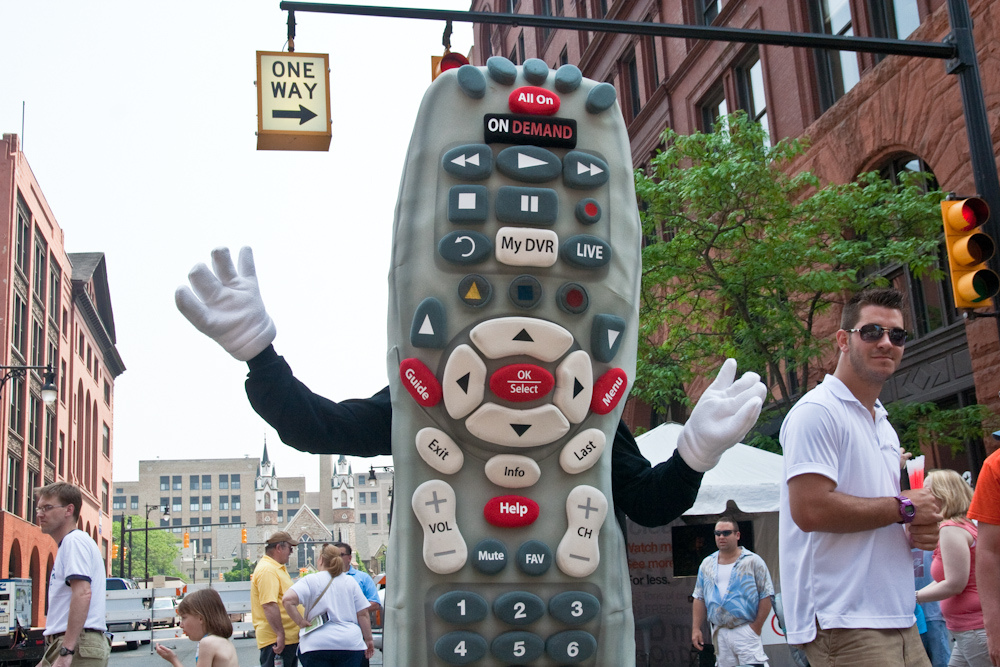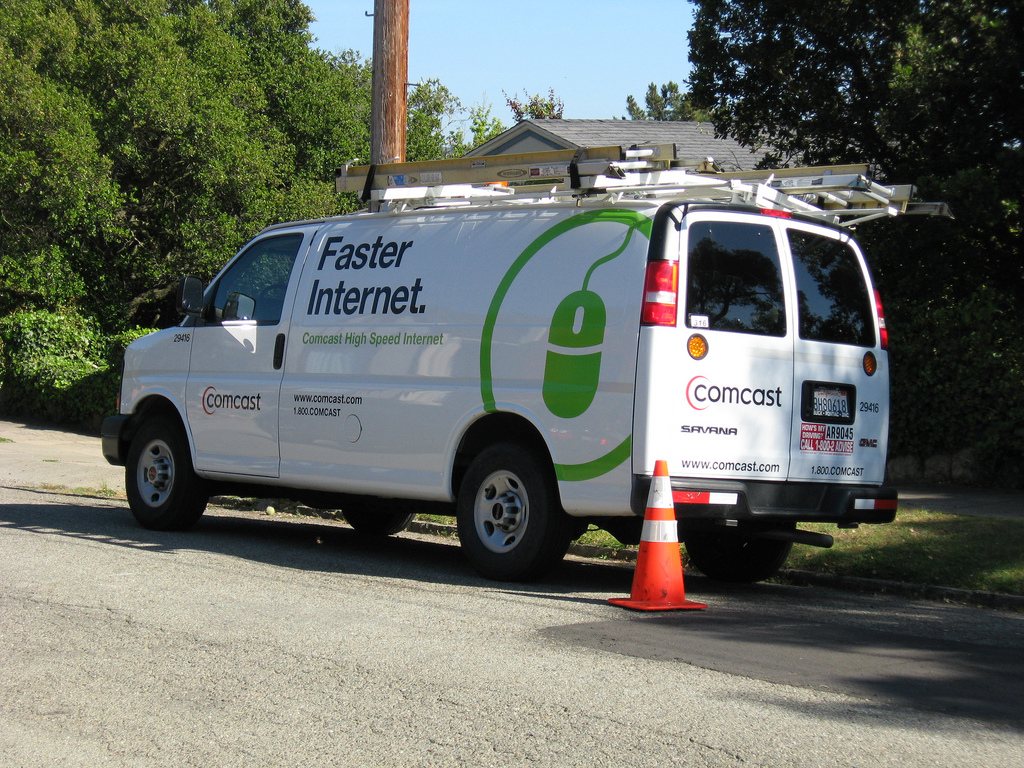/cdn.vox-cdn.com/uploads/chorus_image/image/33943423/180300463.0.jpg)
Comcast, my cable company, has an annoying habit of unexpectedly raising my bill for cable internet service. When I moved to the Washington, DC, area in 2013, I signed up for Comcast's Xfinity broadband service at an introductory rate of $41.99 per month. In January, the price went up to $57.99. Then, in May, my bill went up again — to $74.95. That was almost double the rate I had signed up for.
Economists call this strategy price discrimination. Basic economics suggests that companies can increase their profits if they charge different customers different amounts.
Starting out with a low introductory rate and then gradually raising prices helps Comcast get as much money as possible out of each customer. As a long-time Comcast customer, I knew that if I called and threatened to cancel, the cable giant would likely offer me a discount.
But I wanted to know more. How exactly does this process work? And what should customers do to get the biggest discount? Earlier this year, I talked to two former Comcast customer service reps who have seen how the system works from the inside. Here's what they told me.
Pretend you're canceling your service
You might be tempted to just be honest and ask for a discount. But that probably won't work.
Cable networks are extremely expensive to build. But once the equipment is in the ground, the cost of providing service to one customer is very low. Almost all of your monthly cable bill goes straight to your cable company's bottom line.
That means that your cable company is going to be willing to give you a hefty discount to keep your subscription — but only if they actually think you're going to cancel otherwise. If they think you're just bluffing, then they have no reason to offer you a discount.
"It pays to play hardball," a former Comcast rep told me in May. He worked at an Oregon Comcast call center from 2002 to 2009. "Threatening to cancel will get you further than outright asking for a discount."
So just say "I'd like to cancel my service please." You'll almost certainly be transferred to a "retention specialist" whose job it is to change your mind.

401(K) 2012
Be polite but firm
People in Comcast's "retention" department are rewarded based on their success at getting you to keep your service without giving you a big discount. So they're going to do their best to get you to change your mind for free.
"Everything was very commission-based," according to Adam Reinardy, who worked in a Comcast call center in Minnesota until 2008. "You lost commission if you gave deals. If you retained a customer without giving them any sort of deal, you got commission on it."
So the person you talk to may try to persuade you with something other than a price break. The representative might claim that they have rules against giving customers back-to-back discounts, or claim that giving too many discounts to one customer would be unfair to other customers. But if you hold out, their tune is likely to change.
"Being super firm but not angry about it and just continuing to toe the line until eventually they break is the way to do it," Reinardy told me in May. "They will try to avoid giving you a deal as much as possible until they realize nothing else is going to work."
Know exactly what you want
After talking to these experts, I put their advice to the test. When I called Comcast, a representative asked if I was having trouble with video streaming. When I said I was, he offered to give me a free upgrade to Comcast's "Blast" tier instead of a discount. When I still wasn't satisfied, he offered me a $10 discount, and then a $15 one. I accepted that deal.
So it's good to game out in advance what kind of concessions you're interested in. If you just want to pay less money, then make it clear that you're just interested in that and are not interested in faster service, premium channels, or other perks. And have a clear idea of how big of a discount you're looking for.
In making that decision, it's a good idea to figure out how much alternative services — like DSL Internet or satellite TV — actually cost. That will help you figure out how big of a discount to ask for. And it will also make you sound more convincing when you insist that you really would like to cancel.

Steven Depolo
Don't ask to talk to a manager
"Demanding to speak with a manager won't do you any favors," my Oregon source told me. "If anything, a manager will be more curt than an associate. Why? They don't have to worry about the metrics, for one thing, and you're interrupting the work they're supposed to be doing."
If you don't get a good result, try again later
My Oregon source also said that the size of the discount available "depends on multiple factors, one of which is simply the temperament of the associate you're speaking with."
"Retention associates can only allow a certain number of customers to receive discounts," he told me. "They'll get dinged by management if they resort to this method too often. Depending on where a given associate is on their metrics, they might play tough or they might be a total pushover."
So if you wind up in a standoff with a particular representative, politely end the call and try again a few days later. You might get someone who has more flexibility to offer you a discount.
Of course, you shouldn't overdo this. The company does keep records of past calls, so if you call for a discount five times in one week they're going to figure out you're not serious about canceling. But if you don't get a good response from the first person you talk to, it doesn't hurt to try a second or third time.

Does this apply to other cable providers?
I've been focusing on Comcast because I'm a Comcast customer and both of my sources worked there. But most of the advice should apply to other cable companies too.
Before I became a Comcast customer, I lived in St. Louis, which is Charter territory. Charter refused to comment for this story, but a source tells me that Charter pursues the same basic strategy: customers who asked to downgrade or disconnect their service would be transferred to the retention department, where they would be offered special discounts.
A Cox spokesman said in an emailed statement that Cox "offers promotional pricing with both existing and new customers to aid with retention." A representative from Time Warner didn't respond to a request for comment.